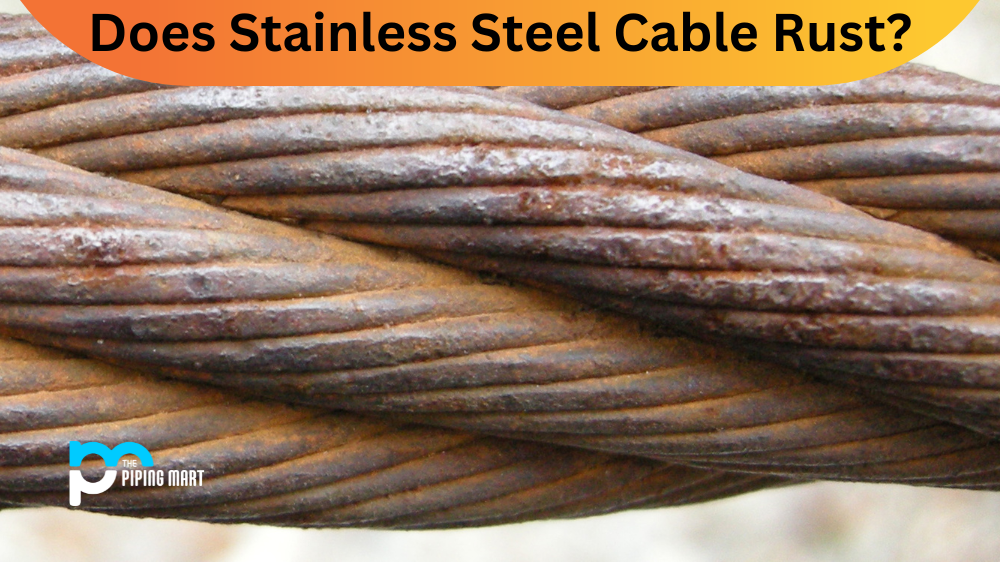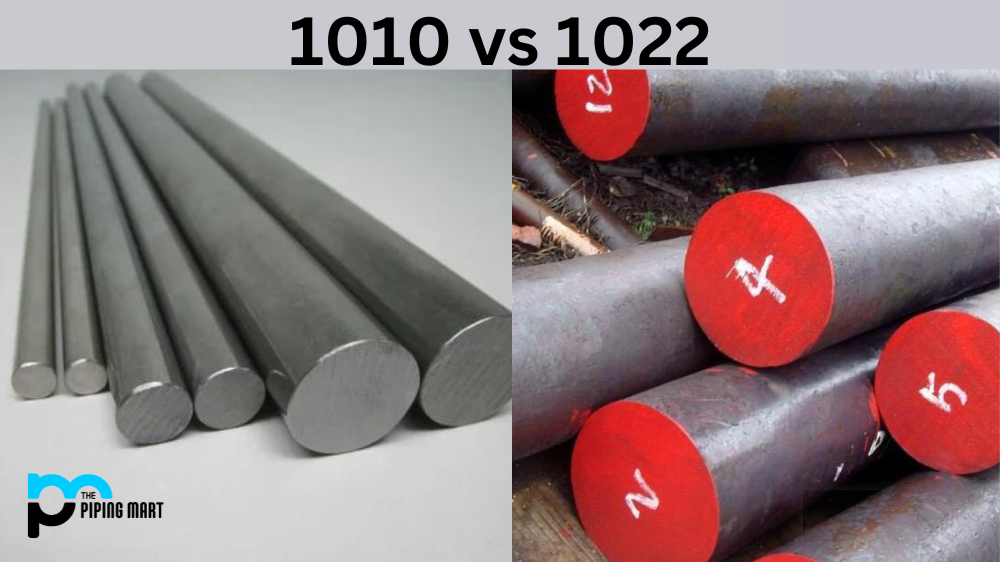Rust is one of the biggest enemies of metal, and stainless steel is no exception. But how susceptible is stainless steel cable to rusting? This blog post will discuss what stainless steel is, how it differs from other metals, and why it’s important to know if your stainless steel cable might be at risk for rusting.
What Is Stainless Steel?
Stainless steel is an alloy that contains iron, chromium, carbon, and other elements. It has a higher resistance to corrosion than regular steel due to its ability to form a passivation layer on its surface—a thin film of oxide that prevents further oxidation from occurring. This makes it much more resistant to rusting.
Differences Between Regular Steel and Stainless Steel
The main difference between regular steel and stainless steel is the amount of chromium in each material. Regular steel has less than 10% chromium, while stainless steel has at least 11%. The higher amount of chromium helps make stainless steel more corrosion-resistant by forming a protective layer on its surface. Additionally, the higher carbon content in regular steels makes them more prone to corrosion than those with lower levels of carbon.
Does Stainless Steel Cable Rust?
Despite its increased resistance to rusting compared to regular steels, stainless steel can still corrode under certain conditions—especially when exposed to salt water or high humidity environments. In these cases, the protective layer on the surface can be compromised and allow oxygen atoms to bind with other atoms on the surface, resulting in oxidation (rust). To prevent this from happening, you should use a suitable protective coating or anti-corrosion treatment for your stainless steel cables when exposed to such environments.
Conclusion:
While stainless steel does have greater corrosion resistance than regular steel, thanks to its chromium content, it’s not completely immune from rusting. To protect your investment and ensure your cables last longer, you should be sure to apply any necessary coatings or anti-corrosion treatments when using them in salt water or high-humidity environments. By doing so, you can trust that your cables will remain free of rust for years to come!

Pipingmart is a B2B portal that specializes in metal, industrial and piping items. Additionally, we share the latest information and information about materials, products and various types of grades to assist businesses that are involved in this business.



